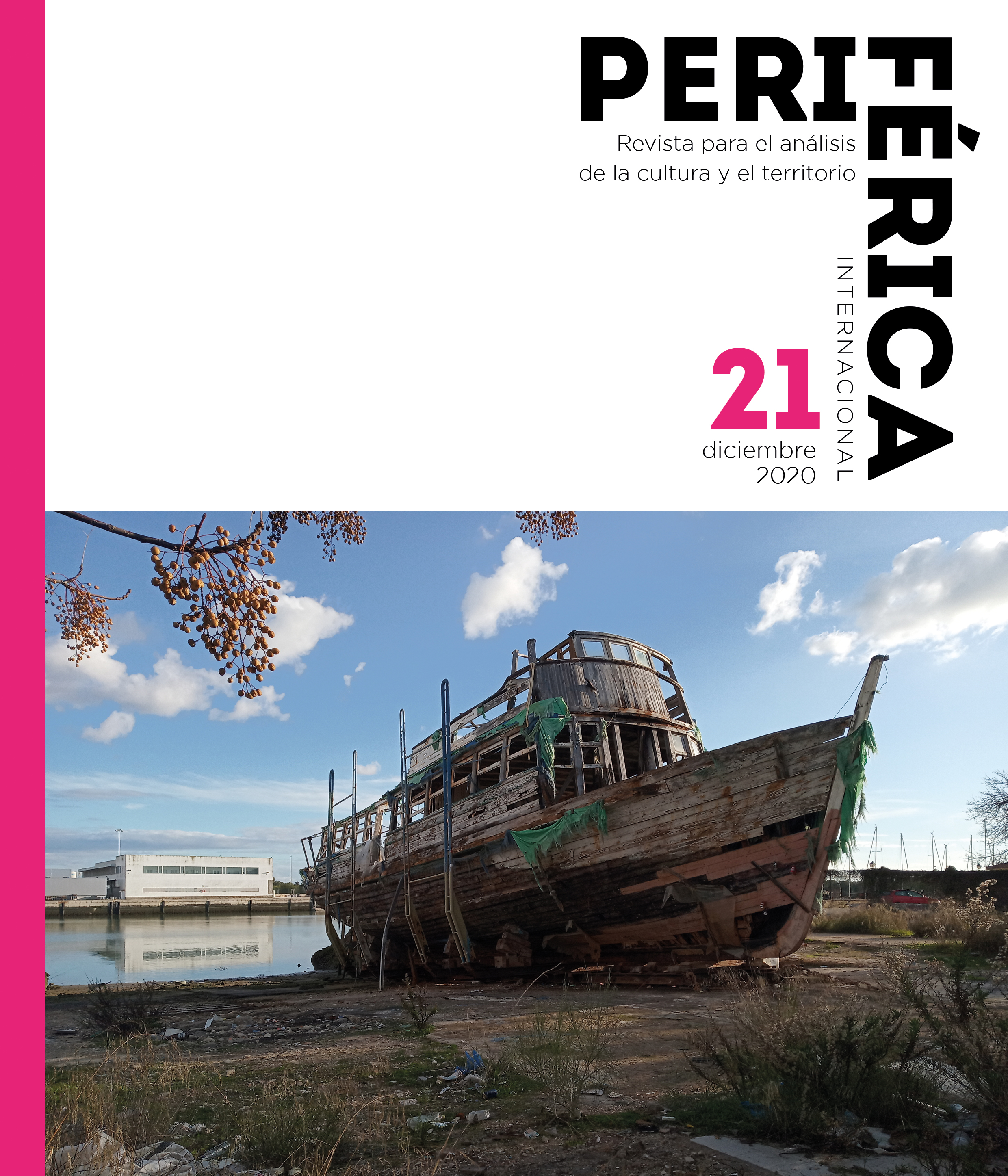Culture and Public Administration in times of global challenges: An agenda for transformation and the achievement of ambitious goals?

DOI
https://doi.org/10.25267/Periferica.2020.i21.13Info
Abstract
The 2030 Sustainable Development Agenda is a relatively new plan of action for people, the planet and prosperity in a period of complex global challenges. This universal agenda introduces specific goals and targets allowing for the first place an eff ective follow-up and permanent and constant political assessment of global scope in order to shift the world onto a sustainable and resilient place. It aims at transforming our world with an exhaustive approach but still it suffi ces a scarce reference to cultural issues. Despite of this scant reference to culture there exists a wide-ranging recognition of culture as a transversal means for innovation and change at the service of the global agenda and at institutional level engaging citizens and the whole civil society, industry, higher education institutions, local governments and all sort of stakeholders. Culture in all its dimension has theoretically reached recognition of its crucial role for an integral ecological transformation of our societies despite of an urgent need for social legitimacy. Such social legitimacy should come in the first place from institutional bodies and public administration in order to defi ne and support public policies to boost the growing potential of culture at the service of citizens and the an ambitious Agenda 2030.
Keywords
Downloads
How to Cite
License

This work is licensed under a Creative Commons Attribution-NonCommercial-NoDerivatives 4.0 International License.

Este obra está bajo una licencia de Creative Commons Reconocimiento-NoComercial-SinObraDerivada 4.0 España.
References
PAPA FRANCESCO, (2015). Laudato si. Sulla cura della casa comune. Lettera encíclica, EDB.
MARCO-SERRANO, RAUSELL-KÖSTER, ABELEDO SANCHÍS, (2014) “Economic Development and the creative industries: a tale of casuality, in Creative Industries Journal 7 (2), pp. 1-11.3.
PAREJO ALFONSO, L. (2012)Transformación y ¿Reforma? del Derecho Administrativo en España. s.l. : INAP.
CASINI, L. (2015). “Todo es peregrino y raro...”: Massimo Severo Giannini e i beni culturali”, en Rivista Tri-mestrale di diritto pubblico, núm. 3, pp. 987.
VÁQUER, M. (1998). Estado y cultura: la función cultural de los poderes públicos en la Constitución Española, Editorial Universitaria Ramón Areces.
PRIETO DE PEDRO, J. (1995), Cultura, Culturas y Constitución, Madrid: Editorial Centro de Estudios Cul-turales; PRIETO DE PEDRO, (2007), “Cooperación en la educación, la ciencia y la cultura”, en BUSTAMANTE, E. (ed.), La Cooperación Cultura-Comunicación en Iberoamé-rica, Madrid, Editorial AECI.
BOE, 7 septiembre 2020, n.239, sec. I. pp. 741-760. El 7 de septiembre del 2020 el Boletín Oficial del Estado (BOE) por orden DSA/819/2020, de 3 de septiembre regula la composición y funcionamiento del Consejo de Desarrollo Sostenible.
Informe elaborado por la Asociación de Festivales de música en colaboración con Gabeiras y Asociados. Dispo-nible en: https://www.festivalesfma.com/sostenibilidad
PAREJO ALFONSO, L. (2013), 28. “Cultura y descentralización” en Cuadernos de Derecho a la Cultura, n. 1, Editor: INSTITUTO INTERUNIVERSITARIO PARA LA COMUNICACIÓN CULTURAL, UC3M-UNED.
Artículo recibido: 15/10/2020Artículo aceptado: 30/10/2020






